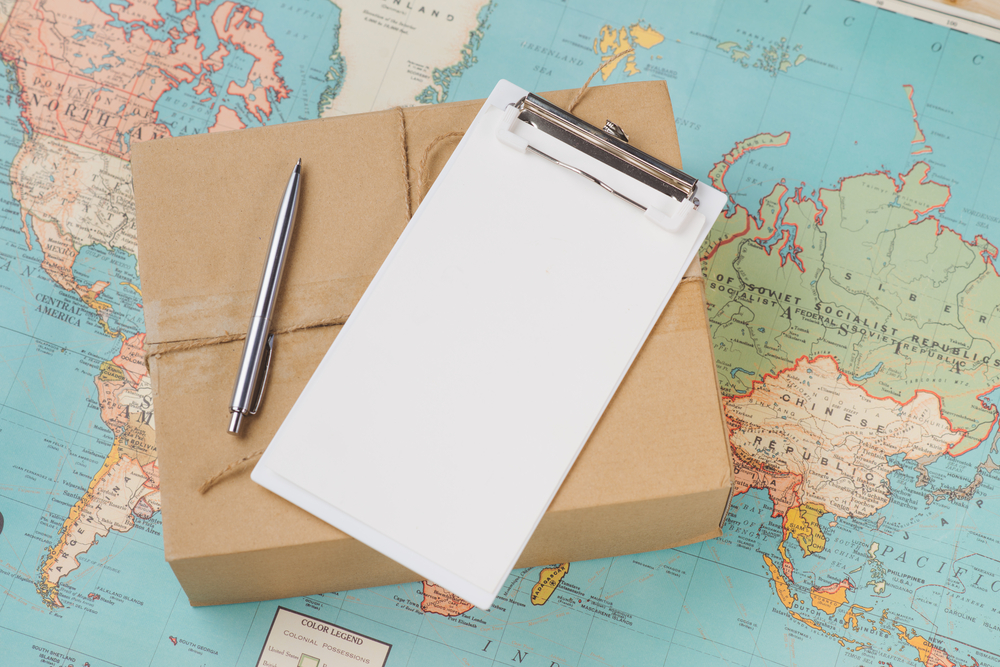We live in a world where boundaries are becoming blurred as cross-border ecommerce becomes the norm. No longer does a retailer have to rely on finding customers in their own backyard. In today’s world, a customer in the US can purchase clothes from a seller in the UK or makeup from a merchant in Singapore.
Cross-border ecommerce plays a major role in global growth
- With the rise of ecommerce giants like Amazon and Alibaba, it’s no surprise that people are abandoning brick-and-mortar shopping to save time and money by shopping online. But why are shoppers looking to international markets instead of buying domestically? Consumers are pointing to better offers and product availability as main motivators for looking beyond domestic online retailers. According to a
- PayPal
- report, 80% of respondents claim the top reason for buying online is to save money, followed by wanting more variety that can’t be found locally.
Cross-border shopping provides fresh economic opportunities that spur overall global economic growth. Through Amazon Global Selling, e-retailers can reach customers in ten online marketplaces worldwide no matter where the retailers are physically established. Cross-order ecommerce opens up the borders to innovation and accelerates business.
Global ecommerce challenges
Cross-border ecommerce might be easier than ever before, but it still has its downfalls. It comes with its own unique challenges to combat. Marketing to a relatively new audience that you have limited knowledge on can be a barrier to reaching customers, navigating multiple currencies and understanding how to work with customs are a few of the major challenges. It’s a steep learning curve but has huge payoffs.
Shipping across borders

- Tackling shipping costs can be another deterrent in expanding to international markets, but it doesn’t have to be as daunting as it sounds. The greatest challenge of international shipping costs are the fluctuating customs duties and fees. Customs charges can differ month to month, change depending on the time of year, or be altered by the customs officer handling the shipment. Online
- duty calculators
- can help to gather an estimate on shipping, so you don’t have an unwanted surprise at the end of the shipment.
Once you’ve mastered duties and customs, Share A Refund goes to work auditing both domestic and international shipments, looking for overcharges on individual shipments and refunding shippers their deserved dollars. The cost of international shipping can be a thorn in the side of many e-retailers, but parcel auditing is one way to keep costs down and eliminate extra hassle.


